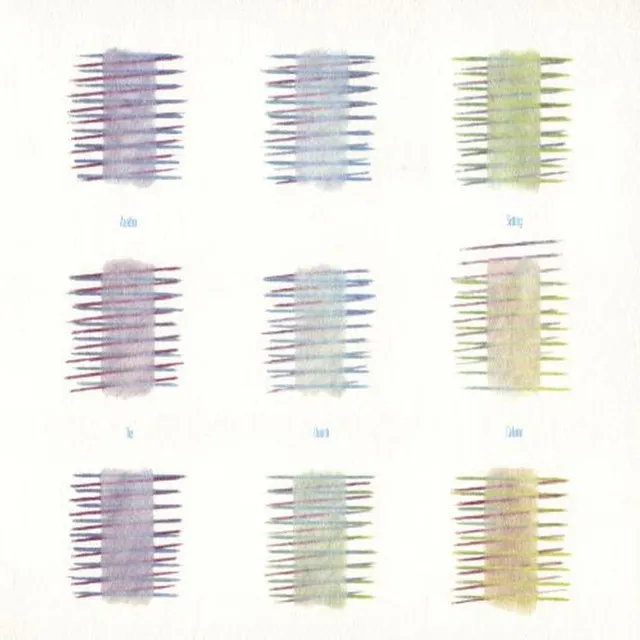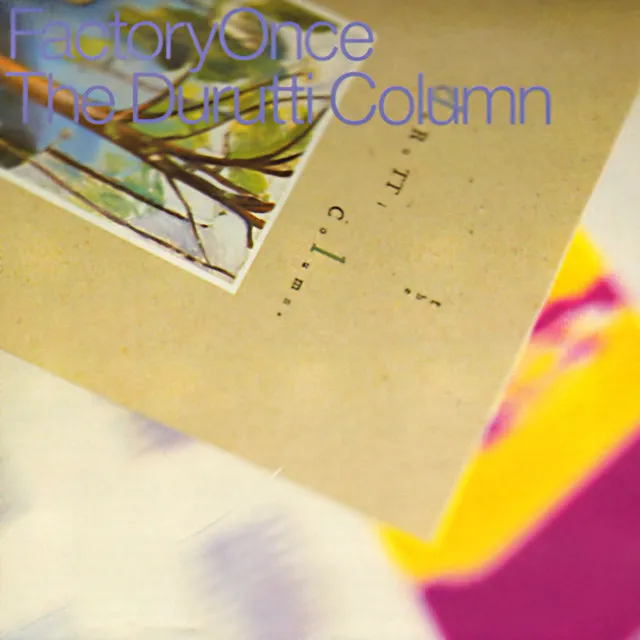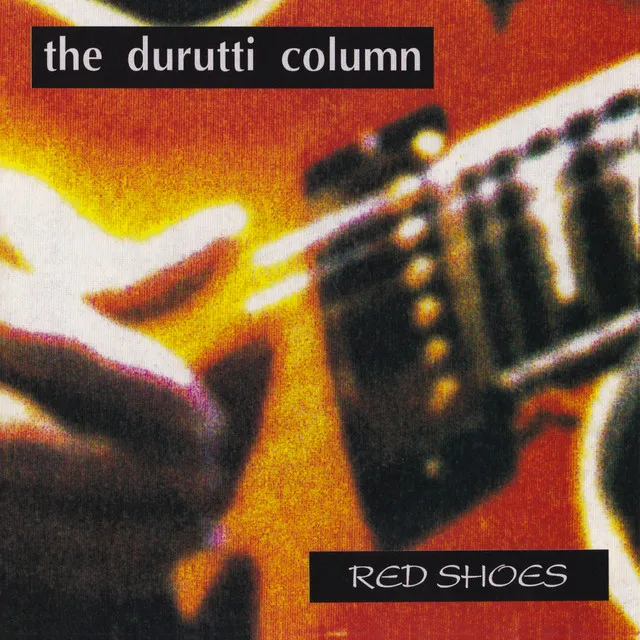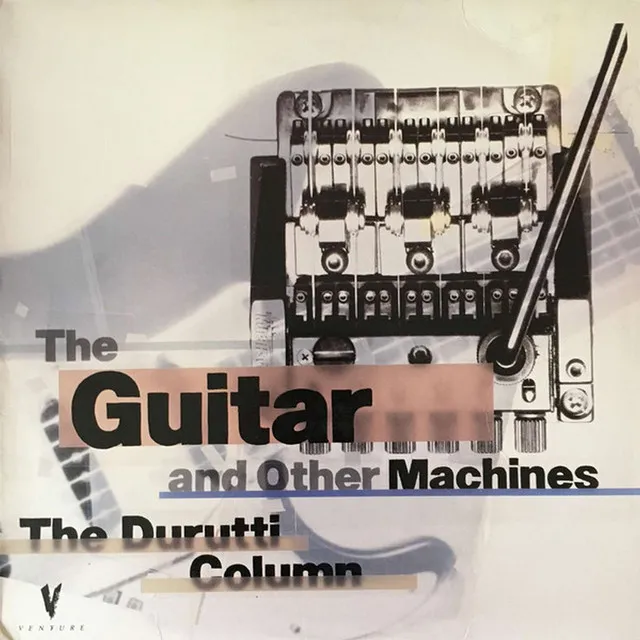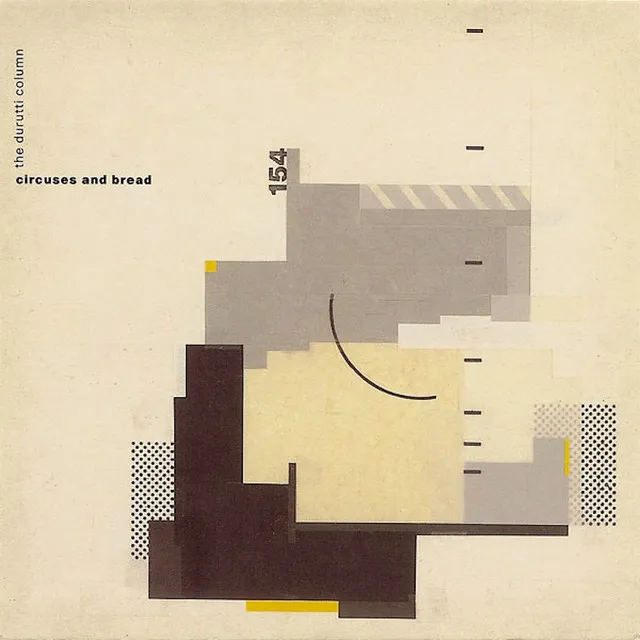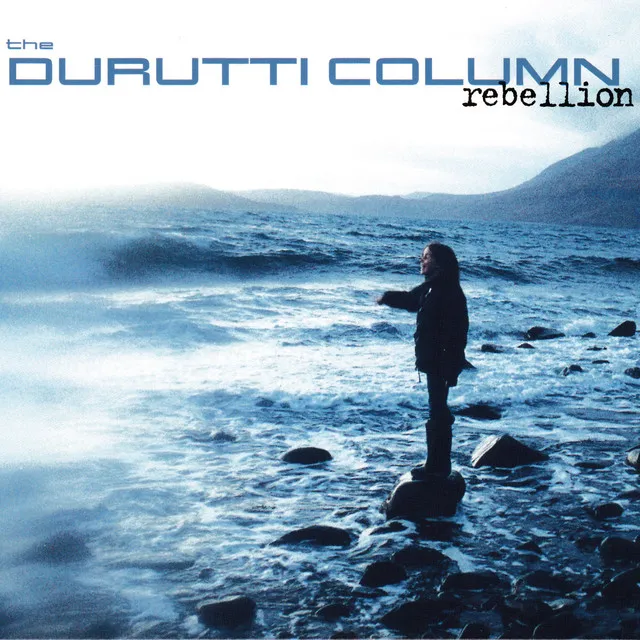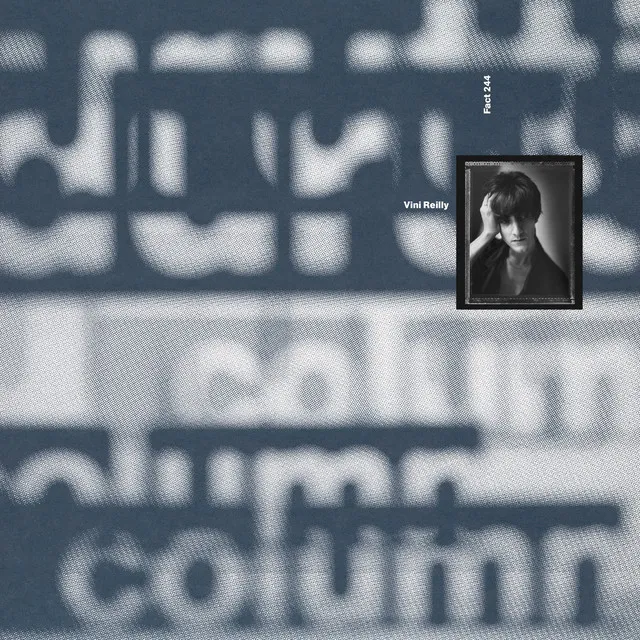The Durutti Column was primarily the vehicle of Vini Reilly, a Mancunian multi-instrumentalist and composer whose instantly recognizable guitar playing has inspired musicians for several decades. One of the first acts signed to Factory Records, the Durutti Column's music instantly stood out from the more intense post-punk and dance-rock groups of the label's early roster, with 1980 debut full-length The Return of the Durutti Column consisting of minimal electronics and Reilly's clean-sounding, fluid guitar melodies. From there, Reilly and his various collaborators continued to experiment, incorporating additional instruments and occasional vocals and drums into a constantly evolving sound influenced by jazz, folk, classical, and numerous other genres. The Durutti Column embraced sampling on 1989's Vini Reilly and dance beats on subsequent releases like 1996's Fidelity. Reilly remained highly productive during the first decade of the 21st century, but after 2010's elegiac A Paean to Wilson, his activity slowed down, primarily due to health issues.
Reilly was born in Manchester, England, in 1953. As a child, Reilly first took up the piano, drawing inspiration from greats like Art Tatum and Fats Waller, before learning to play guitar at the age of ten. Despite an early affection for folk and jazz, Reilly ultimately became swept up by the punk movement, and in 1977 he joined the group Ed Banger & the Nosebleeds. In 1978, Factory Records founder Tony Wilson invited Reilly to join a group dubbed the Durutti Column, the name inspired by the Spanish Civil War anarchist Buenaventura Durruti and a Situationists Internationale comic strip of the 1960s. Along with Reilly, the nascent band included guitarist Dave Rowbotham, drummer Chris Joyce, vocalist Phil Rainford, and bassist Tony Bowers; following a handful of performances, Rainford was fired, and after recording a pair of tracks for the EP A Factory Sampler, Rowbotham, Joyce, and Bowers broke off to form the Moth Men, leaving the Durutti Column the sole province of Vini Reilly. (Joyce and Bowers would later join the more popular Simply Red.)
Recorded with the aid of a few session musicians and released in a sandpaper sleeve, the debut The Return of the Durutti Column, a collection of atmospheric instrumentals, appeared in 1980. With 1981's pastoral LC, recorded with drummer Bruce Mitchell (who remained a frequent collaborator), Reilly attempted vocals on a few tracks, and continued expanding his palette with a pair of explorations of chamber music, 1982's Another Setting and 1984's Without Mercy. Electronic rhythms, meanwhile, emerged as the pivotal element of 1985's Say What You Mean, Mean What You Say. After 1985's live effort Domo Arigato, Circuses and Bread marked a return to the densely constructed guitar textures of previous works, while 1987's eclectic The Guitar and Other Machines ranked among the Durutti Column's most ambitious works to date. In 1988, Reilly backed Morrissey (also an alumnus of the Nosebleeds) on his solo debut, Viva Hate, before returning to the Durutti Column for the release of a 1989 LP titled Vini Reilly, another diverse affair that incorporated vocal samples from Otis Redding, Annie Lennox, Tracy Chapman, and opera star Joan Sutherland.
Released in 1990, the aggressive Obey the Time preceded 1991's Lips That Would Kiss Form Prayers to Broken Stone, a collection of singles, rarities, and unreleased material. After a long layoff (during which Rowbotham happened to be slain by an axe murderer, inspiring the Happy Mondays' "Cowboy Dave"), the Durutti Column returned in 1995 with Sex and Death, followed a year later by Fidelity, which fused dance beats with Reilly's guitar lines. Reilly issued several albums throughout the 2000s, from archival concert recordings to such studio efforts as Treatise on the Steppenwolf, a soundtrack augmenting the experimental theater production of the same name, as well as 2009's heart-wrenching effort Love in the Time of Recession. The instrumental suite A Paean to Wilson, composed in 2009, was some of Reilly's most personal work, written for his late friend and most passionate supporter, the late Tony Wilson. Initially scheduled for limited release in 2009, it was granted wider distribution early the following year.
In 2011, Reilly debuted Chronicle as a performance commissioned by Manchester's Bridgewater Hall and offered the music as a limited-edition CD at the show. The band's long-lost fourth album, Short Stories for Pauline, which was shelved by Wilson in favor of Without Mercy, was issued as a limited-edition vinyl release in 2012. Two years later, Chronicle LX:XL, a deluxe edition of Chronicle in honor of Reilly's 60th birthday, arrived on Kooky. Reilly made a few sporadic live appearances, and contributed to a song on Holly Johnson's 2014 album Europa, but he was unable to play guitar the way he used to after suffering from three strokes earlier in the decade. In interviews, he spoke of his financial struggles and his battle to claim health benefits, as well as his constant depression, and stated that he had complete compositions existing in his head, but was unable to play or record them. Even though no new material emerged, Reilly's work continued to gain an appreciative following, and the majority of the Durutti Column's extensive back catalog has remained in print, with remasters and expanded editions arriving on a frequent basis. Factory Benelux released the compilation M24J (Anthology) in 2018, and issued a four-CD box set containing 1984's Without Mercy as well as live recordings and additional material. Vini Reilly was similarly given a deluxe treatment in 2020. ~ Jason Ankeny & Paul Simpson, Rovi
